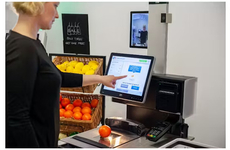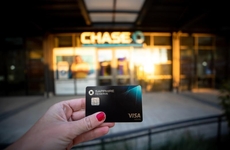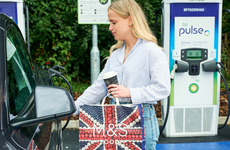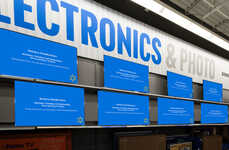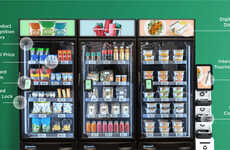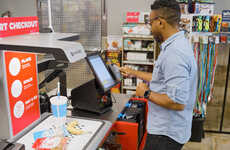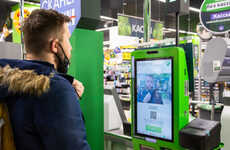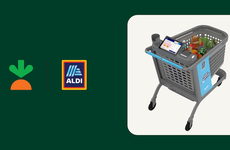
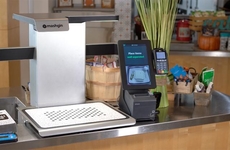
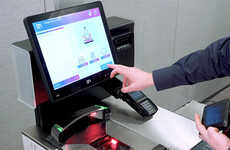
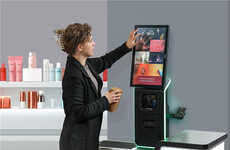
Artificial intelligence is used to identify barcode-less items at checkout
Trend - Artificial intelligence has been adapted to enable barcode-less product scanning, facilitated by algorithms that analyze images and videos of objects to identify unique features. This technology accurately accounts for retail items in real time, providing shoppers with seamless checkout experiences.
Insight - As artificial intelligence shapes consumer shopping experiences, brands increasingly rely on automation to address friction points and ensure high rates of fulfilled purchases. Adopting automation technologies minimizes wait times and maximizes throughput, allowing customers to complete shopping trips in shorter amounts of time. This approach helps businesses prioritize seamless experiences and reduce errors, aligning with consumer preferences for convenience.
Insight - As artificial intelligence shapes consumer shopping experiences, brands increasingly rely on automation to address friction points and ensure high rates of fulfilled purchases. Adopting automation technologies minimizes wait times and maximizes throughput, allowing customers to complete shopping trips in shorter amounts of time. This approach helps businesses prioritize seamless experiences and reduce errors, aligning with consumer preferences for convenience.
Workshop Question - How can your brand use automation to appeal to consumer's demand for convenience?
Trend Themes
1. AI-augmented Retail Checkouts - These AI retail checkout stations help minimize shrinkage-related losses by tackling common sources like scanning errors, dishonest barcode entries, and theft.
2. Computer-vision Self-service Kiosks - The Toshiba Vision Kiosk enables item identification without barcodes, enhancing customer convenience with contactless and biometric payments.
3. Barcode-less Product Scanners - SeeChange Technologies' collaboration with Diebold Nixdorf integrates AI-powered visual recognition to streamline self-checkout for non-barcoded items like fruits and vegetables.
Industry Implications
1. Retail Technology - Innovations in automated checkout systems and AI-driven solutions are transforming the retail landscape, improving customer convenience and operational efficiency.
2. Artificial Intelligence - The integration of AI in various industries, including retail, is enabling more accurate and faster processes that significantly reduce human error and operational costs.
3. Computer Vision - Advancements in computer vision technology are enabling machines to recognize objects and patterns, which is crucial for developing contactless and seamless checkout experiences.
